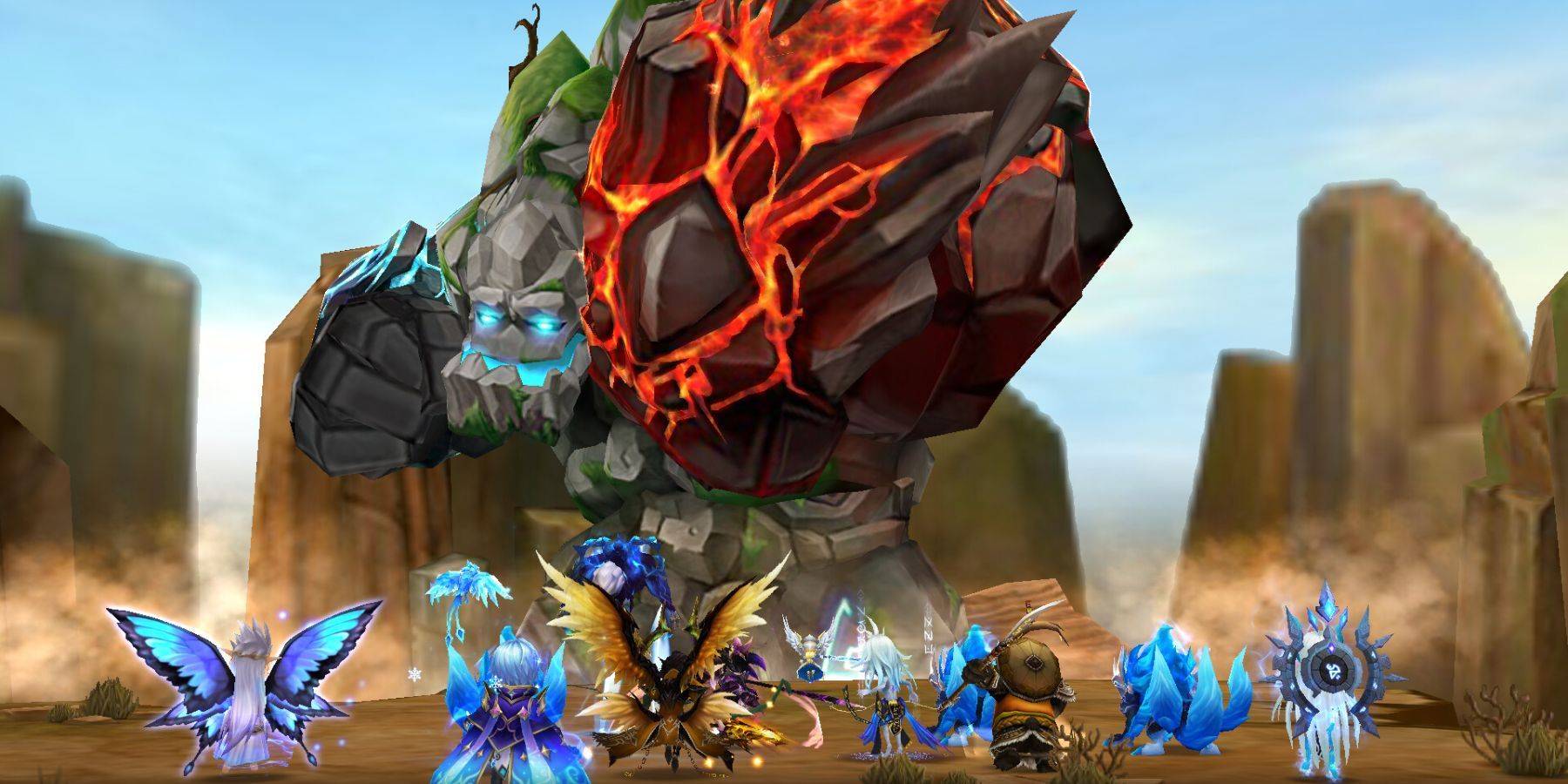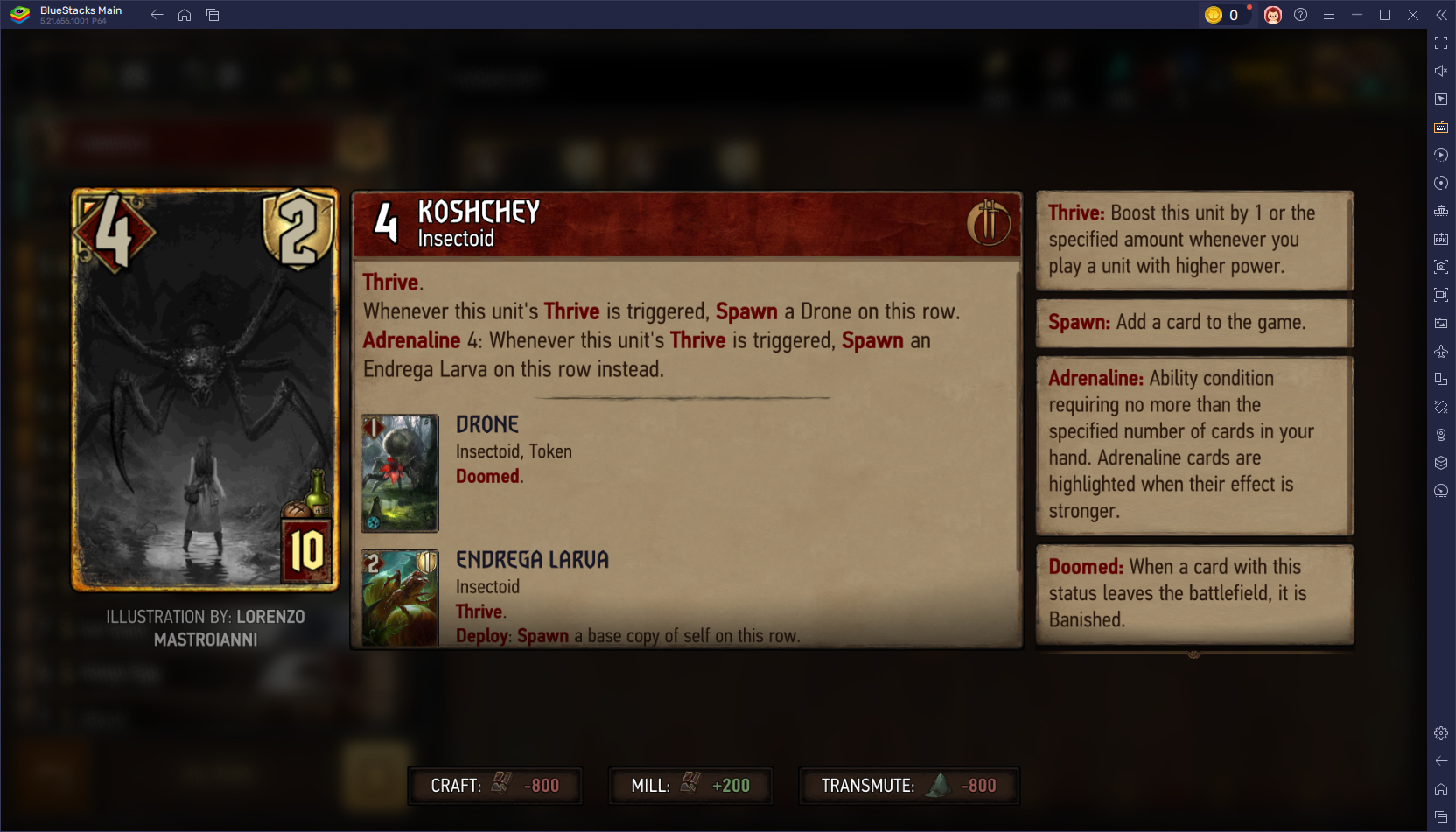NetEase Founder Nearly Cancels Marvel Rivals Over Lack of Original IP
- By Zachary
- May 13,2025
NetEase's Marvel Rivals has undoubtedly been a smashing success, attracting ten million players within just three days of its launch and generating substantial revenue for NetEase in the subsequent weeks. However, a recent Bloomberg report sheds light on the internal struggles that nearly led to the game's cancellation. According to the report, NetEase CEO and founder William Ding was initially hesitant to proceed with Marvel Rivals due to his reluctance to utilize licensed intellectual property (IP).
Bloomberg's report outlines a broader strategy at NetEase, which involves downsizing and refocusing efforts to combat a recent decline in growth and to better compete with industry giants like Tencent and MiHoYo. This strategic shift has seen Ding cutting jobs, closing studios, and pulling back from international investments. The attempt to cancel Marvel Rivals reportedly cost NetEase millions, but the game ultimately launched and has enjoyed phenomenal success.
Despite this success, the restructuring at NetEase continues. Earlier this week, the Marvel Rivals team in Seattle was laid off, with the company citing "organizational reasons." Over the past year, Ding has also halted investments in overseas projects, previously involving significant stakes in companies like Bungie, Devolver Digital, and Blizzard Entertainment. The report indicates that Ding is now focusing solely on projects that promise to generate hundreds of millions annually, although a NetEase spokesperson clarified to Bloomberg that the company does not set arbitrary financial thresholds for new game viability.
Internally, NetEase faces challenges, with Bloomberg's sources describing Ding as a volatile leader prone to rapid decision-making and frequent changes of mind. Employees have reportedly been pressured to work late, and recent graduates have been placed in senior leadership positions. The frequent project cancellations have led to concerns that NetEase may not release any new games in China next year.
NetEase's retreat from international game investments coincides with ongoing turbulence in the global gaming industry, particularly in Western markets. The sector has experienced consecutive years of widespread layoffs, project cancellations, and studio closures, compounded by the underperformance of several high-budget, high-expectation titles.
Latest News
more >-

-
-

-

- Jan 2025: New Summoners War Codes Released
- Dec 20,2025
-




